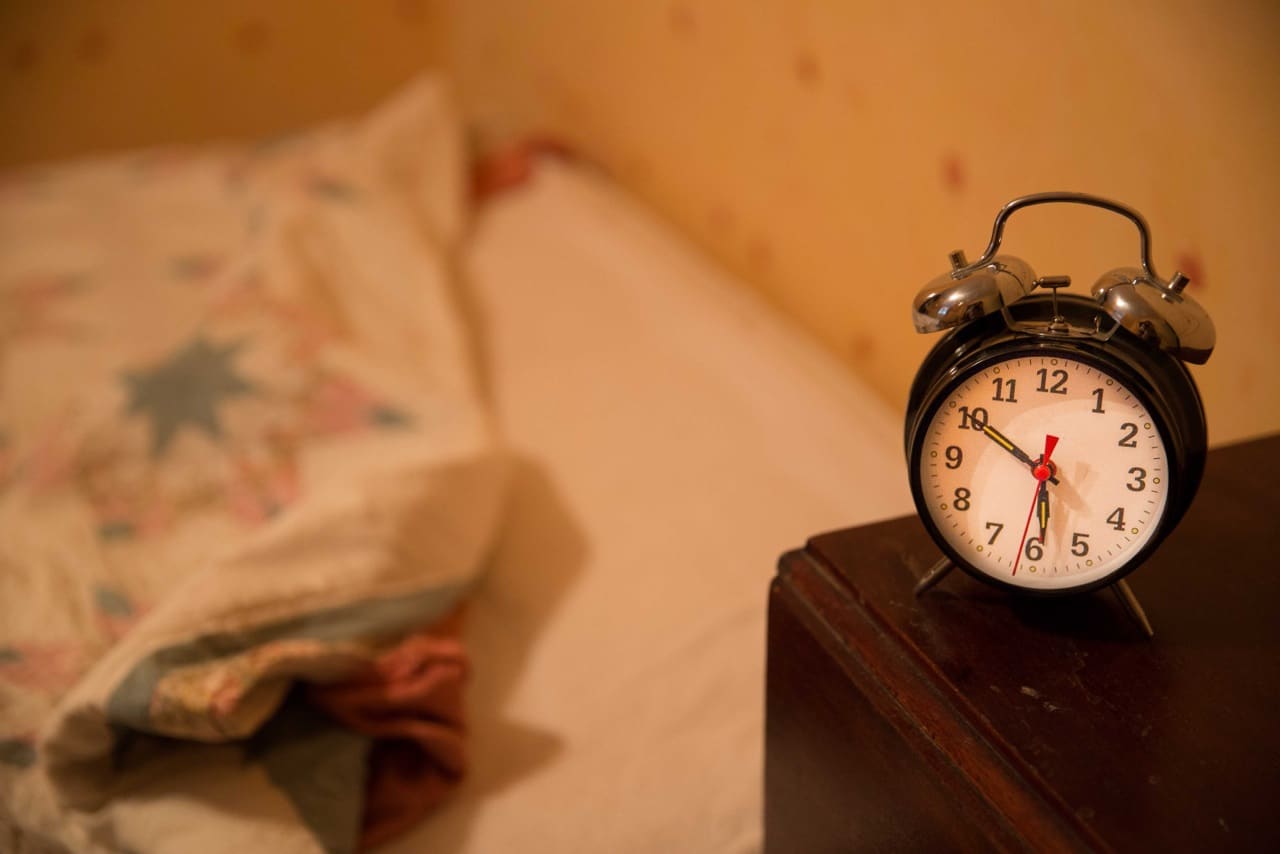Project Description
Sleep
Sophrologist specialised in sleep disorders, Laurence is referenced on the website and directory of the Pôle sommeil (Sleep Centre). Laurence was trained by Doctor Luc Audouin and Sophrologist Caroline Rome, working at the Sleep Centre (Centre du sommeil et de la vigilance de l’Hôtel-Dieu) in Paris.
As Philosopher Alain writes, « if you know how to be awake, you will know how to sleep ». Indeed, a good night’s sleep prepares itself throughout the day. The positive effects are numerous. Sleep represents a moment of recovery during which cells regenerate. Sleep is linked to both health and happiness.
However, in France, according to the opinion poll company SOFRES, three out of four French people presently suffer from insomnia.
What is insomnia?
Insomnia is characterized by a decrease of one’s usual duration of sleep.
Insomnia can be classified into 3 types:
- Initial insomnia (when it takes more than 30 minutes to get to sleep) affecting, among others, anxious people. The person has difficulty to relax and is prey to dwelling on things. It is a vicious circle : the person dreads bedtime because they fear not to be able to sleep
- Sustaining insomnia from which people under stress can suffer, waking up several times a night (at least twice) and an inability to get back to sleep
- Final insomnia corresponds to early awakenings, waking up at least an hour before the chosen hour with the inability to fall back to sleep. In this case, insomnia may be the early sign of depression
It should also be noted that some people can suffer from restless sleep and not feel refreshed upon waking.
Insomnia may be
- Occasional (a few days),
- Short term (a few weeks),
- Long term (more than a few weeks),
- Chronic (more than 3 months),
- Total (rare).
The possible consequences of lack of sleep:
- Memory disorders, difficulties with concentration,
- Mood disorders, irritability,
- Immune system disorders (more vulnerable to stress),
- Growth disorders,
- Metabolism disorders (obesity, diabetes, and hypertension).
- People feeling stressed or anxious (80% suffering from insomnia),
- People facing depression,
- People working with irregular times at night,
- Aircrew suffering from jetlag,
- The elderly,
- People in pain and suffering from illnesses,
- People who suffered from trauma,
- Victims of physical and/or emotional accidents.
Insomnia is often linked to a particular period in life: pregnancy, young mother/father who must get up at night, menopause, bereavement, illness, overwork. These periods of insomnia can last a few days to a few weeks and can heal spontaneously, but they have to be taken into account to avoid chronic insomnia.
Some illnesses are exclusively linked to sleep:
- Restless legs syndrome leading to a difficulty in getting to sleep,
- Sleep apnea, pauses in breathing for longer than 10 seconds or instances of shallow or infrequent breathing during sleep, sleep is interrupted,
- Narcolepsy is a form of rare hypersomnia (excess daytime sleepiness), very incapacitating, which is of genetic origin but is not necessarily transmitted from parent to child.
Insomnia may be secondary to a known illness:
- Nocturnal asthma,
- Gastro-esophageal reflux,
- Hyperthyroidism,
- Diabetes,
- Rheumatism,
- Parkinson or Alzheimer.
How can sophrology help?
Sophrology is a pertinent and efficient option to deal with sleep disorders. Learning how to sleep is fundamental in getting quality sleep. This will be tackled at length during the sessions in order to be able to define one’s actual sleep pattern, and the associated falling asleep signals. The various techniques will teach the person to let go of both physical and mental tensions. Using relaxation, breathing and concentration techniques, it is a matter of setting up automatisms aiming at the letting go of tensions in muscles and a calming of the mind.
Techniques:
Various techniques exist to help fight sleep disorders. We can cite for example:
- conscious breathing control helps falling asleep,
- autogenic training by Schultz who studied the different stages before one falls asleep, this method can be adapted to sophrology,
- work on the five senses in order to quieten down the thoughts and to come back to the present moment, here and now,
- positive visualizations, the person sees their bedtime ritual and visualizes a refreshing sleep.
Other interesting tools are also frequently used by Laurence:
- Mindfulness with notably body scan,
- Nidra Yoga which is the yoga of sleep,
- Cardiac coherence exercises which consists of breathing slowly, regularly and deeply, taking into account the time for breathing out, the heart beats in coherence, stress decreases, emotions are better managed.
Expectations:
The movements, exercises and techniques taught during sessions are simple and can be rehearsed at home alone. The idea is to really head towards autonomy so that the person adapts the method to themselves and becomes the main actor throughout the sessions. In an equal relationship, the sophrologist accompanies the person with both care and empathy.
Please note that a twenty minute relaxation is equivalent to two hours’ refreshing sleep.
Sessions:
5 sessions minimum, depending of course on the specific issues of the person, their motivation and training.
Sophrology sessions are generally held once a week. It is also recommended to practise at home for better results.
For more information regarding the procedure of each individual session, please click on the link here.
For more information regarding fees, please click on the link here.
Please remember that these sessions should not replace any other sessions or treatment you may be following elsewhere, for example with your medical practitioner or psychiatrist.

